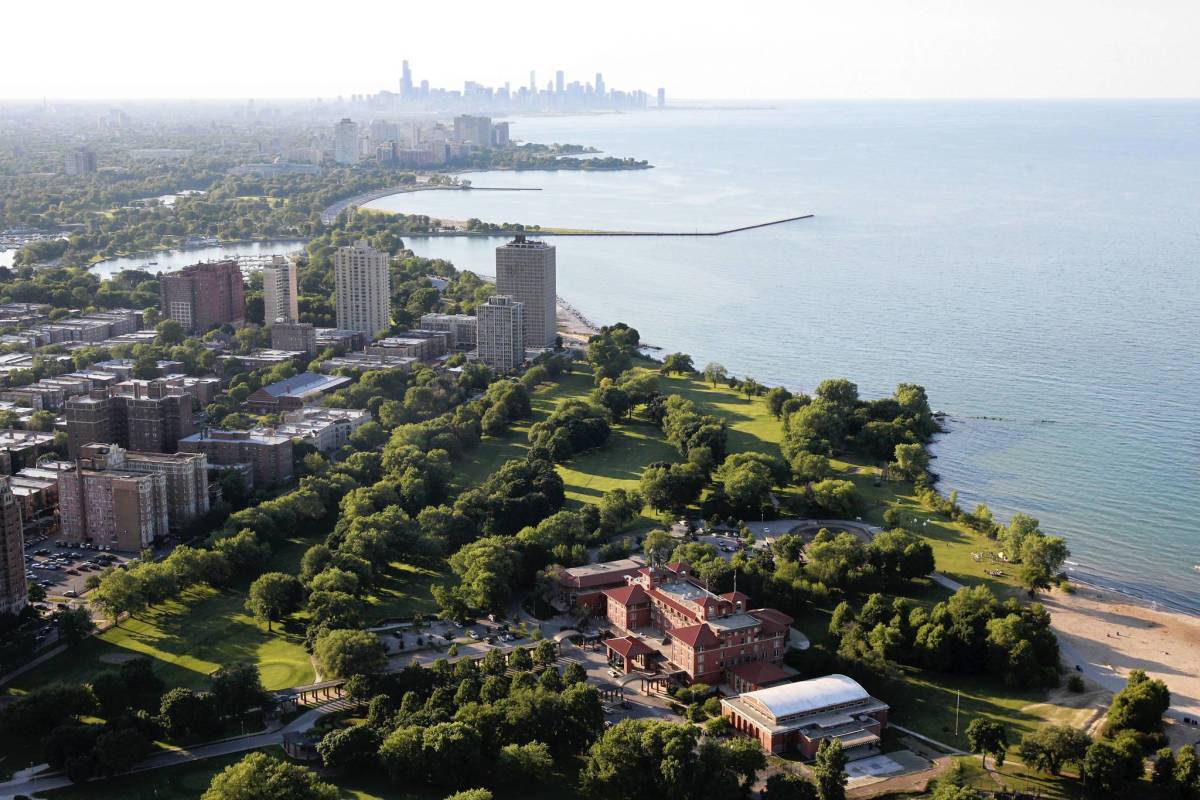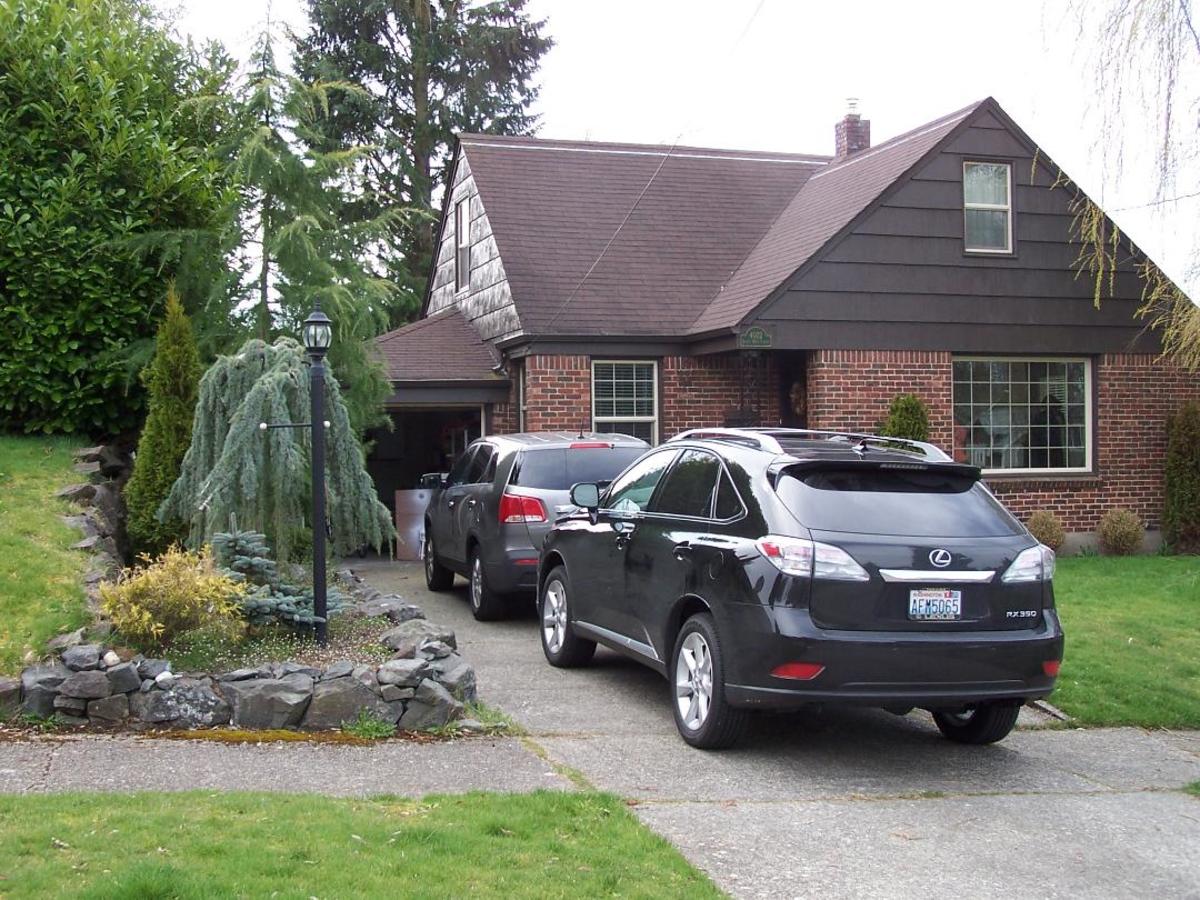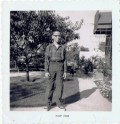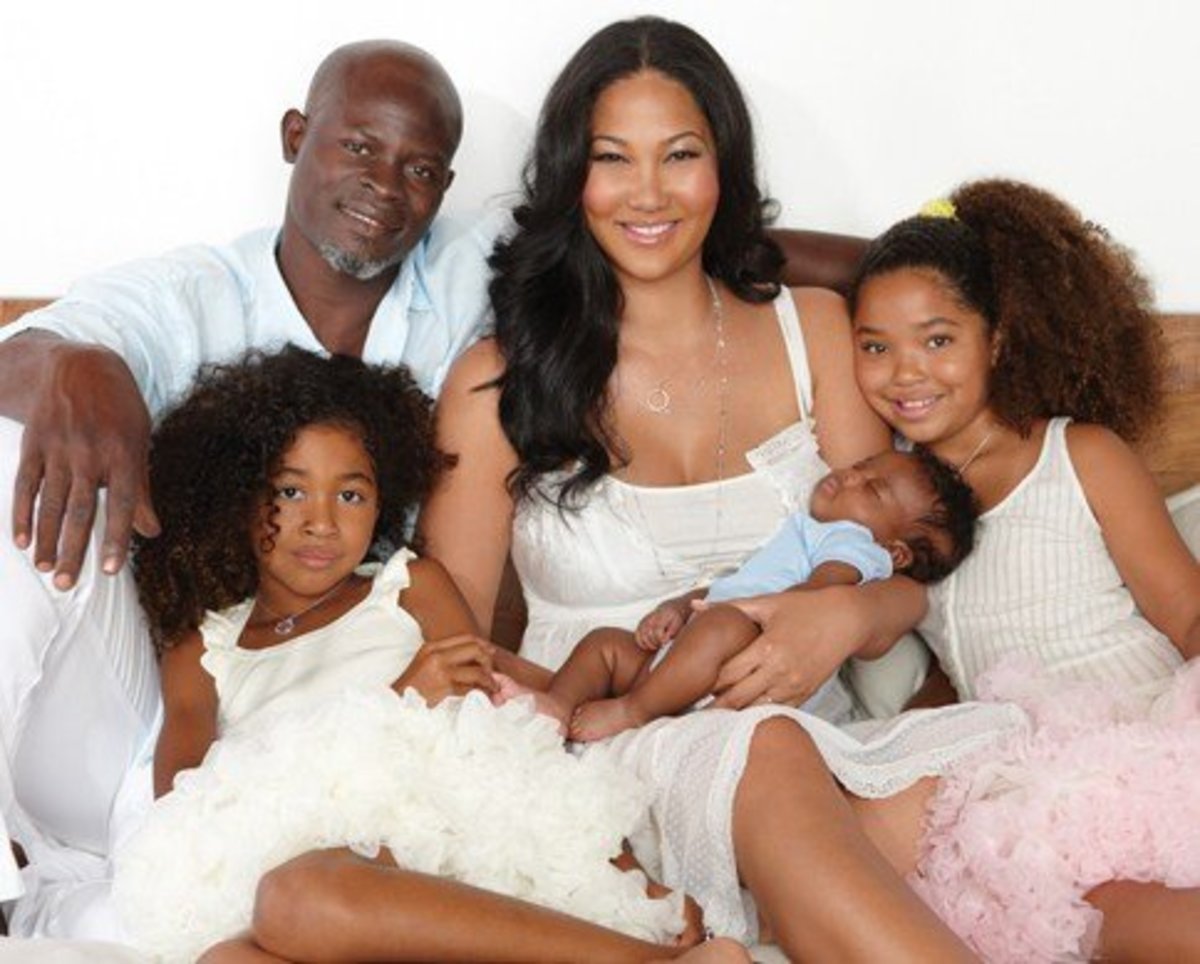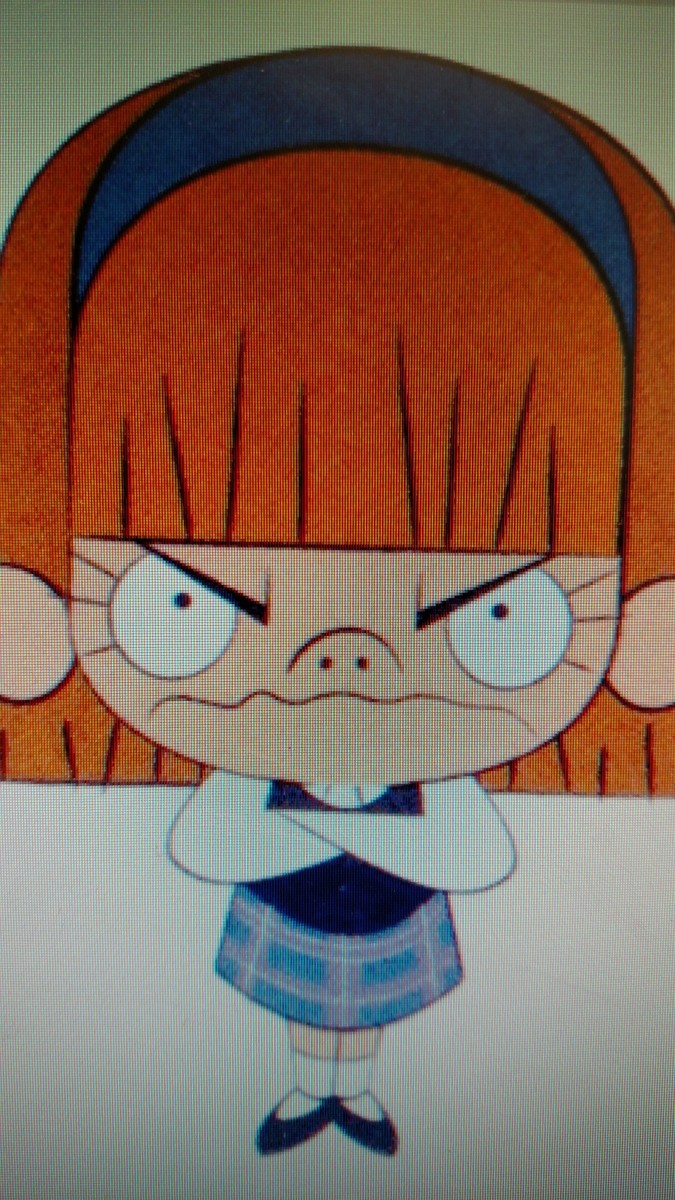Passing for White
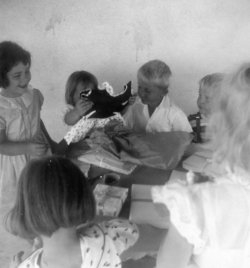
An unnecessary death
My best friend died just after her 16th birthday as the result of a fire. It was totally unnecessary and almost 50 years later, I am still mad. I am white and do not pretend to understand what it is like to be discriminated against but that's not what this is about. This is my very personal account about the reasons that compelled her family to move from the white community and closer to the black community where they felt (I am guessing) safer. The new house had a fireplace and while petting the dog, she got too close to the fireplace and her clothes caught on fire. As a result of her injuries, she left us for a better place.
Passing as white has disappeared into history and doesn't seem to matter anymore. It has just become an inconsequential part of those times.
It still matters to me.
My memoir of Ruthie's last day - 3 Feb 1949 - 24 Apr 1965
This is my story of Ruthie's last day. Sometimes the anger spills over and writing it down makes me feel better.
- Death of a friend
The tubes and the heart monitor had become part of the background. The constant beeping, annoying at first, now seemed to offer comfort and hope. I watched her from the doorway, too young to be allowed in the room.
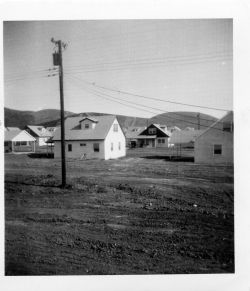
1949 to 1962
Growing up white
We were both born in 1949 and moved to the neighborhood in 1953. Our housing tract was made up of two story houses, all the same. It was four blocks of long streets and surrounded by orange groves and hills. It was the only neighborhood in the area and we knew everyone. The neighborhood was filled with children and most of us were the same age. Until the late 1950s none of us cared about the events swirling around us. We went to school, played on the streets or slid down "Cardboard Hill". No one was too concerned about out safety and we had more freedom than the kids of today.
We had one Mexican family in our neighborhood. It was OK and they were accepted because while she was Mexican, the father was from England.(not my thoughts, remembered gossip from some of the other moms). They were the only family who did not attend our church and went out of the neighborhood to the next town where there was a Catholic Church. None of us cared about that either, they were just part of the tribe of children who roamed the neighborhood. We could walk into anyone's house at any time and no one gave it a thought. However, do something wrong and your parents instantly knew about it.
We really didn't care about race because it was not part of our lives. TV was new and featured very little about other races. We knew that there were children starving in China (eat that, don't you know that children are starving in China!) and that the people that the missionaries visited in Africa needed our help. We sent them money to help save them but only saw pictures. We watched Amos and Andy and read "Little Black Sambo". Both are politically incorrect these days but that was our only exposure and had little relation to our lives, We were outdoor kids.
The first time I saw a black in person was when I was in high school. There was no reason to leave the neighborhood and although our parents worked miles away in Los Angeles, the only big city, it was a rare trip for us. Segregation in the south was a big deal but none of us realized that we also lived in a segregated world.
New houses in 1953
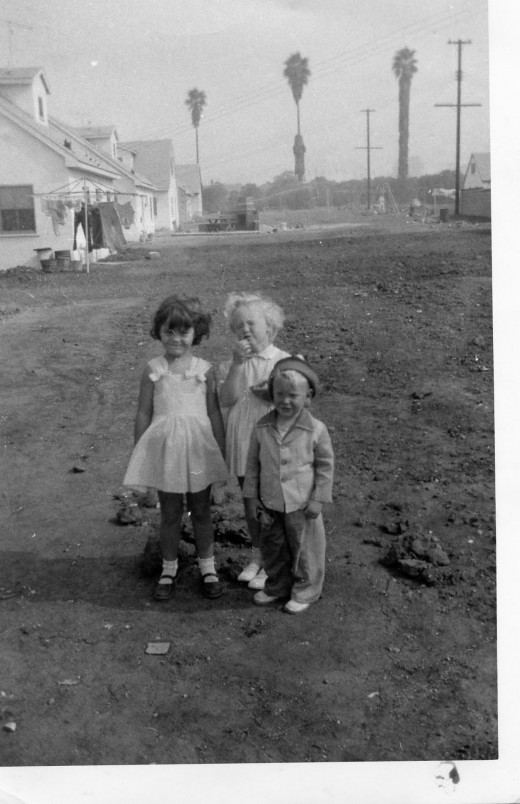
The Help - A book that everyone should read
This book, more than anything else, sent me back to the past. We were middle class and no one had servants but the book explained an incident that left me confused and hurt. At Ruthie's funeral, I hugged the nurse that had spent so much time with her and thanked her for taking such good care of my friend. She stepped away from me with a very hard look. It wasn't until I read the book that I understood that physical contact between black and white people was considered improper.
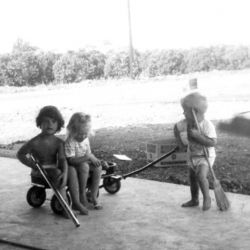
Me and Her
She was dark. I was light. She had brown, unruly curly hair, mine was blonde and board-straight. She had dark brown eyes while mine were green. She had two younger brothers and I had one. She had an older sister who drove us to the theater and a younger sister the same age as my brother.
At three, we were only allowed to play on our street but we were always together. We took turns spending the nights at each others house. When we were older, we rode our bikes with the other kids. We roller-skated, ran the streets and roamed the hills. All the kids, regardless of age played together.
Her younger sister had strange hair and was always kidded about it. Her hair was extremely curly and her mom kept it really short. It was also blonde. She was much lighter than the rest of the family without the dark, olive-toned skin. But it was the hair that set her apart. I loved to play with it, it was so different than mine.
Ruthie had a great smile and was always laughing at something, Not always great in the classroom but infectious so that many times, we were in trouble. The wide gap between her front teeth did not strike me as unusual until much later when I realized that the family had been passing for white.
1963
We couldn't wait to get to high school and being able to drive. We spent hours planning trips to the beach, the movies and all the other places high school kids could go. She was several months older and bragged that she would get her license first.
Just before the start of school, she knocked at the door crying. They were moving. The thought was monstrous. "Moving where?" I asked. "Closer to my dad's work", she replied.
I didn't understand. There had been no talk about moving. My parents didn't know, no one did. It was like someone had flipped a switch and turned the world upside down. Not only were they moving, they were moving that same week. Secretly, they had sold the house, bought another one and did not share the information with anyone. Now she would be an hour away and it wouldn't be the same.
I started high school without her. I felt lost and alone. We wrote letters (no email) and our parents made sure that we visited at least once a month. Her new neighborhood was more diverse with many more black families. By that time, more homes had television and nearly every night that there was some broadcast where some civil rights activity was happening.
This was only a year or so after the first Freedom Ride that left Washington, D.C., on May 4, 1961. The battle which had simmered for a long time was heating up. 1963 was also the year that many of us younger teens were slapped into the real world with the assassination of President John F. Kennedy.
Ruthie and I shared a long drawn-out conversation about the event. We were both appalled that the civil rights were even necessary. From our very young viewpoint, everyone should be treated equally. We had lost our very popular president and what he stood for. We were not to know that it would get worse and when that happened, she would not be there to share it with me. We talked about her new neighborhood and school and the the mix of cultures but for us, nothing changed. We were still best friends.
Want to know more about passing for white?
- Passing For White
When southern legislators wrote into law the separation of the races in their regions, they set into motion an array of socioeconomic, political, ideological, and personal phenomena. These laws, their philosophical foundations and tangible effects, d - Passing: How posing as white became a choice for many black Americans
The young unkempt woman still in her pajamas shuffled into her 8 a.m. college psychology class and sat down next to Barbara Douglass. "I'm sure glad there are no niggers in this class 'cause I can smell them a mile away," the young woman declared.
More information on passing as white
Something to ponder. Does this still matter?
- Was J. Edgar Hoover black? - The Root DC Live - The Washington Post
‘J. Edgar,’ the new movie about J. Edgar Hoover, argues that the FBI chief was gay, but was he also black?
1965
This is not about race or discrimination. This is about the unfairness of losing a friend to something that shouldn't have mattered. This is about the anger that still fills me when I think about the family moving. This is about my anger that they felt the need to go somewhere else in case they were discovered. This is about their feelings and fears that I will never be able to comprehend. This is about my very best friend who died on April 24, 1965 in a stupid accident that would never have happened had they felt safe in their own community.
When you are young and tragic events occur in your life, it changes your perspective forever. It took years, decades even, to understand the sudden move. Moving closer to ones job is normal, moving suddenly without warning is not. Several years ago, I tried to find her two sisters because they were also very much a part of my childhood. In doing so, I discovered what should have been obvious had it been important to me.
He father was listed on the census report as mulatto. .Part of the ugly secret of that time was people who passed for white. I was shocked, not because they were passing for white but that they didn't trust any of us enough to stay. Would the extremely curly hair or the gap in the front teeth eventually give them away? Maybe. The reason they moved was finally clear and with it the anger I felt when I realized I'd lost one of the most important person in my life because of race.
What a shame. What would have happened if people found out their secret? Would it have mattered to any of us? In any small community, I am sure we had our share of bigots although as kids, we were oblivious to it. It wouldn't have mattered to me. Children have to be taught to hate, our parents taught us to love. Love triumphs hate. That is not an editorial comment, it's just the truth. Today, I am sad that Ruthie is not here to share our golden years. We had those planned too.
What if?
This may seem like an over-simplification of the times and the issue. I have no other frame of reference. We were still children when she died and my perspective is from that angle. Time has moved on and with it came the wisdom it might not have been easy for them to stay. We will never know.




